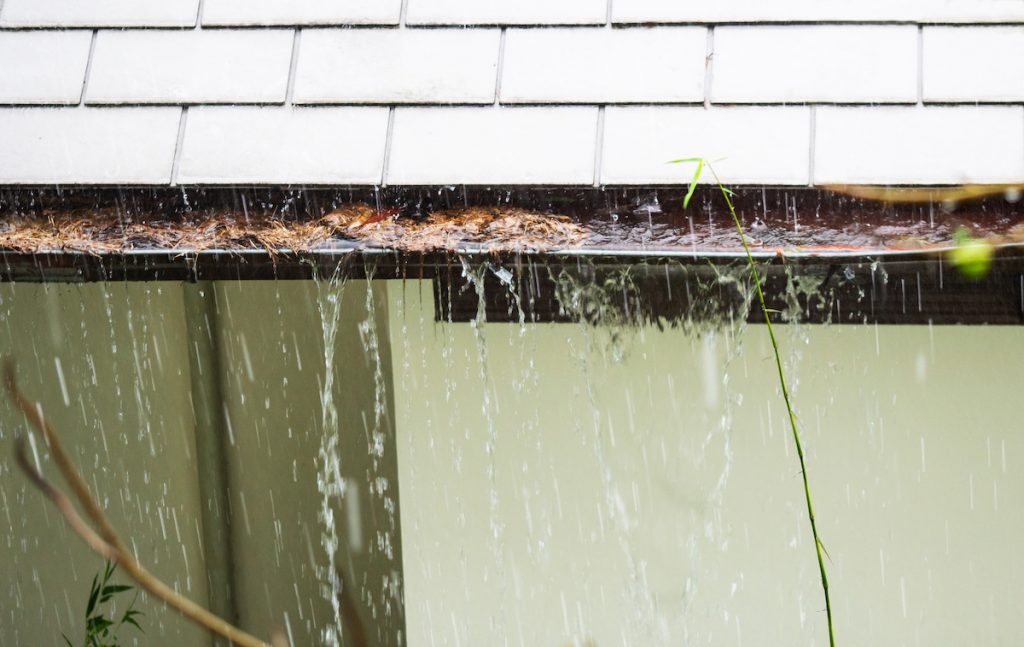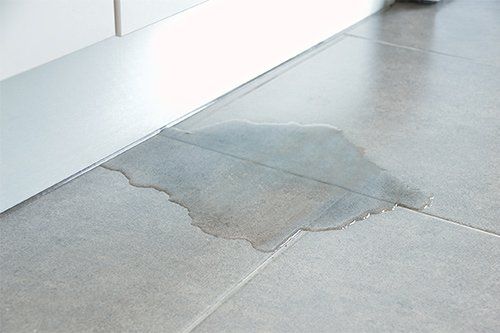Detailing the Six Most Common Causes of Home Water Leaks
Detailing the Six Most Common Causes of Home Water Leaks
Blog Article
Were you searching for ideas about Common Water Leaks In House?

Leakages not only trigger waste of water however can also cause unneeded damages to your house and advertise unwanted organic development. Water leaks might go undetected considering that most of the pipework in our home is concealed. By looking as well as understanding for day-to-day circumstances that trigger leaks, you can shield your house from future leaks as well as unnecessary damages. Today, we will take a look at 6 leakage causes that might be triggering your pipes to trickle.
Encroaching roots
Most water leakages begin outside the house rather than inside it. You could notice damp spots or sinkholes in your yard, as well as that could mean that tree roots are attacking water lines causing water to leak out.
Rusty water systems
As time passes by, your plumbing system ages as well as corrosion such as rust might begin eating away the pipes. This may be the source of discoloration or warping on your water pipes. This asks for an inspection with your plumber promptly. If our plumbing system is old, consider replacing the pipelines given that they are at a higher danger of deterioration than the more recent models.
Faulty Pipeline Joints
The point at which your pipes link is often the weakest web link in the waterline. Pipeline joints can degrade gradually, resulting in water leaks. Regrettably, the majority of pipe joints are not conveniently noticeable. If you have loud pipelines that make ticking or banging sounds, particularly when the hot water is activated, your pipe joints are possibly under a lot of stress. It is suggested to have your plumber examine your system once a year.
Instantaneous temperature level modifications.
Severe temperature changes in our pipelines can trigger them to expand and get suddenly. This expansion and contraction may create fractures in the pipes, particularly if the temperature are listed below freezing.
Poor Water Connectors
Sometimes, a leakage can be caused by loosened hose pipes and also pipes that supply your home appliances. Typically, shifting is what triggers the loose water Links. You might discover when it comes to a washing equipment, a pipe might spring a leak as a result of trembling throughout the spin cycle. In case of a water links leak, you might discover water running straight from the supply line or puddles around your devices.
Obstructed Drains
Clogged drains pipes might be irritating and inconveniencing, yet they can often wind up triggering an overflow bring about break pipes. Keep eliminating any products that may decrease your drains pipes that could block them to stay clear of such inconveniences.
All the above are root causes of leaks but not all water leaks result from plumbing leakages; some leakages may originate from roof leaks. All leaks ought to be repaired quickly to stay clear of water damages.
Leakages not just create waste of water however can likewise create unnecessary damages to your residence and promote undesirable natural development. By looking and also understanding for daily circumstances that create leaks, you can secure your home from future leaks and unnecessary damages. Today, we will look at 6 leakage creates that might be creating your pipelines to drip.
At times, a leak can be triggered by loosened hose pipes as well as pipes that supply your appliances. In case of a water connections leakage, you might observe water running straight from the supply line or pools around your home appliances.
How To Check For Water Leak In Your Home
How To Check for Leaks
The average household's leaks can account for nearly 10,000 gallons of water wasted every year and ten percent of homes have leaks that waste 90 gallons or more per day. Common types of leaks found in the home are worn toilet flappers, dripping faucets, and other leaking valves. These types of leaks are often easy to fix, requiring only a few tools and hardware that can pay for themselves in water savings. Fixing easily corrected household water leaks can save homeowners about 10 percent on their water bills.
To check for leaks in your home, you first need to determine whether you're wasting water and then identify the source of the leak. Here are some tips for finding leaks:
Take a look at your water usage during a colder month, such as January or February. If a family of four exceeds 12,000 gallons per month, there are serious leaks.
Check your water meter before and after a two-hour period when no water is being used. If the meter changes at all, you probably have a leak.
Identify toilet leaks by placing a drop of food coloring in the toilet tank. If any color shows up in the bowl after 10 minutes, you have a leak. (Be sure to flush immediately after the experiment to avoid staining the tank.)
Examine faucet gaskets and pipe fittings for any water on the outside of the pipe to check for surface leaks.
Undetected water leaks can happen without the home or business owner even realizing. If you suspect a water leak, but not able to find the source. It is time to contact a professional water leak detection service, The Leak Doctor.
How To Find a Water Leak In Your Home
https://www.leakdoctor.com/blog/How-To-Check-For-Water-Leak-In-Your-Home_AE197.html

Hopefully you enjoyed reading our piece about How to detect water leaks in your home. Thank you for finding the time to read through our article. For those who enjoyed reading our post if you please don't forget to share it. I treasure reading our article about Common Water Leaks In House.
About This Report this page